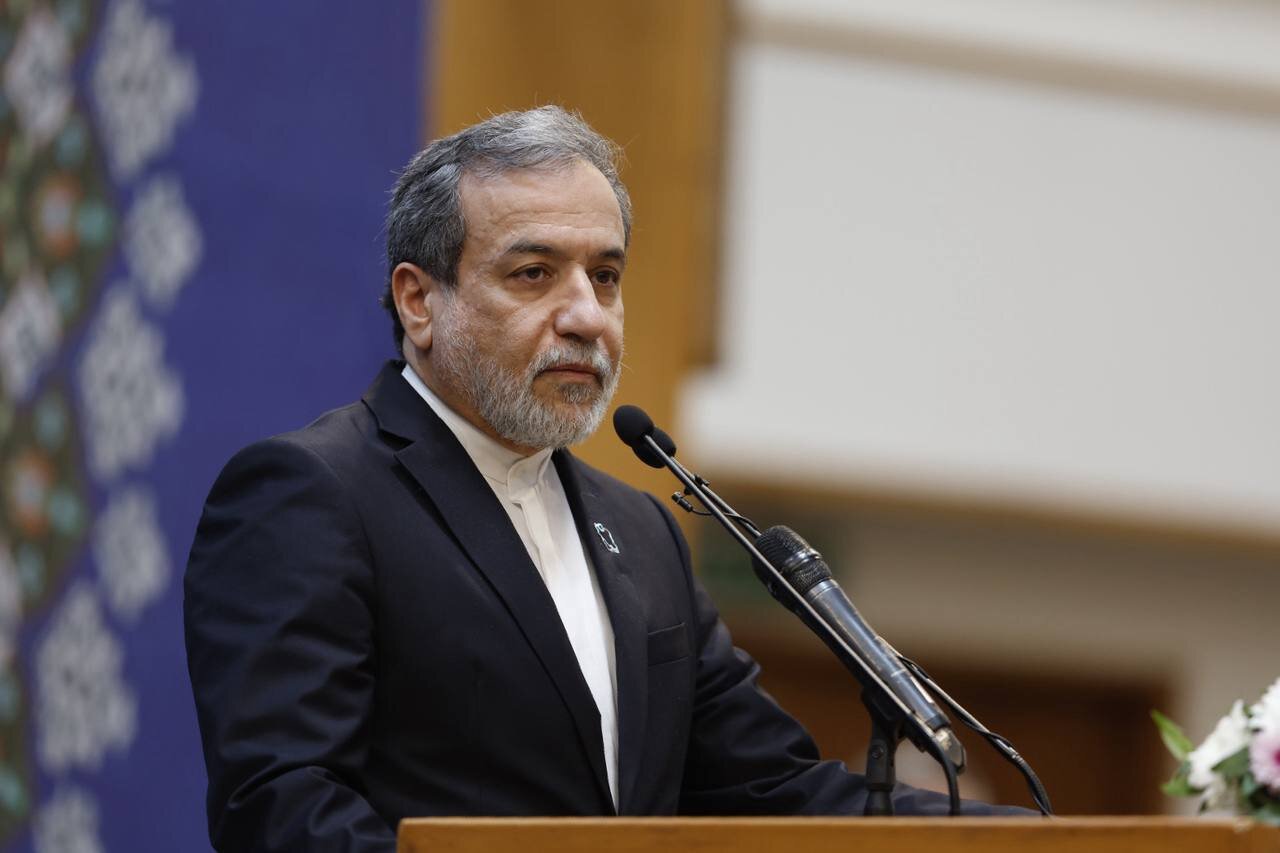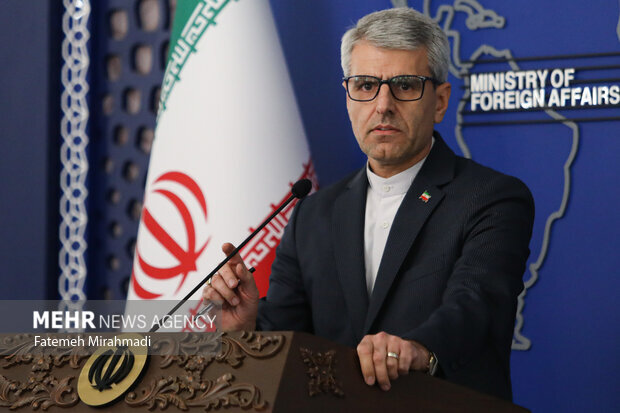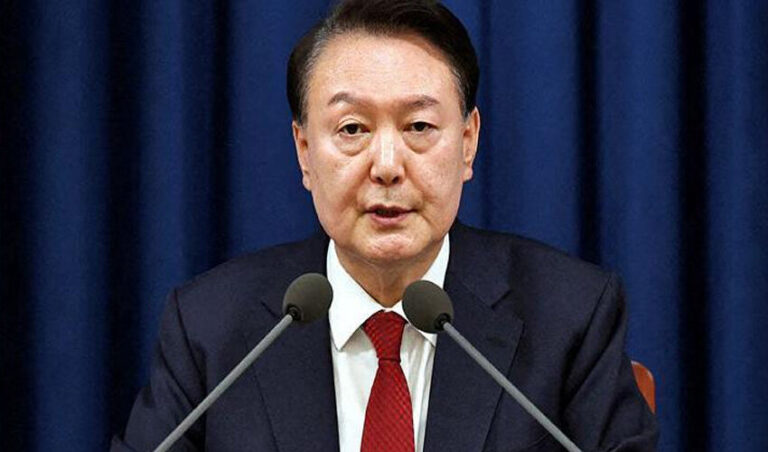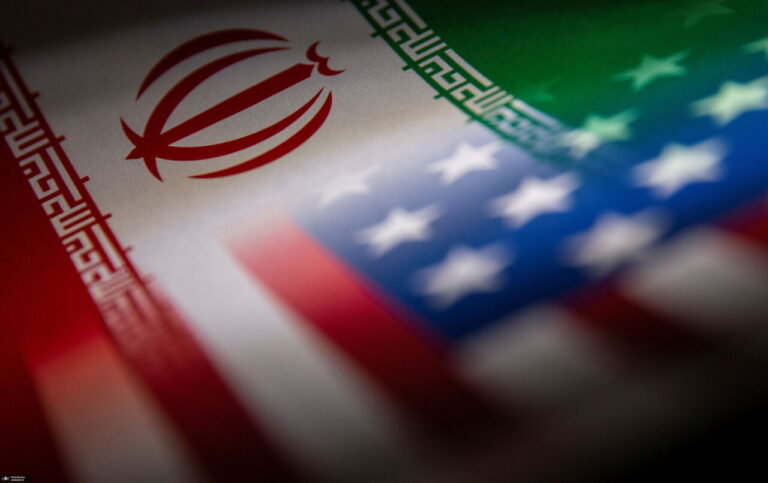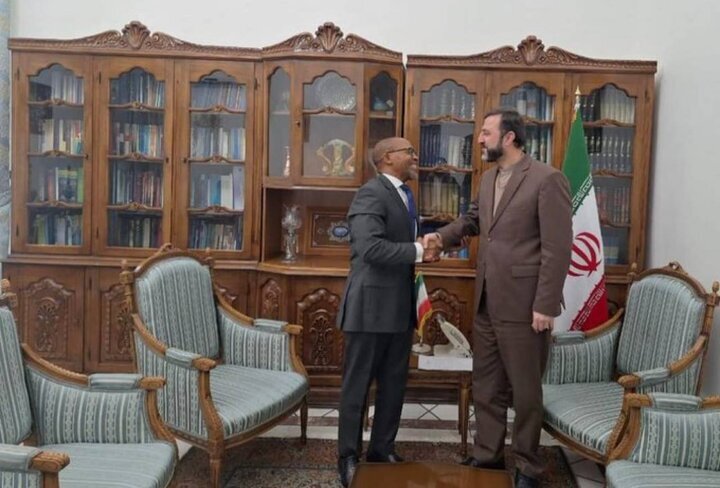Iran Urges OIC to Convene Emergency Meeting Over US-Israeli Scheme to Displace Gazans
TEHRAN – In a recent statement, Iran’s Foreign Minister Abbas Araghchi has urged the Organization of Islamic Cooperation (OIC) to convene an emergency meeting to address the alarming U.S.-Israeli initiative aimed at forcibly displacing Palestinians from the Gaza Strip. This call to action highlights the critical role that Islamic countries play in safeguarding the rights of the Palestinian people, particularly their right to self-determination.
During a phone conversation with OIC Secretary-General Hissein Brahim Taha, Araghchi asserted that this plan represents not only a significant crime but also an act that could be seen as genocide. He warned that such actions would have severe repercussions for both regional and global stability.
Araghchi emphasized the importance of a united response from the Muslim world to counteract this “nefarious scheme.” He stated, “The plan to forcibly displace Palestinians from Gaza is not only a major crime and tantamount to genocide, but will also have dangerous implications for regional and global stability and peace.”
Further highlighting the urgency of the situation, Araghchi remarked that Islamic nations hold a vital responsibility to advocate for the legitimate rights of the oppressed Palestinian populace. This includes:
- Supporting the right to self-determination
- Ensuring a safe and secure life for Palestinians in their homeland
- Mobilizing collective action against oppressive measures
In response to Iran’s call for an extraordinary meeting of OIC foreign ministers, Taha expressed his support and indicated that he would engage with member states to discuss the proposal further. This collaboration among member states is crucial in forming a coherent and effective strategy to address the ongoing crisis.
The Iranian foreign minister’s statements resonate with the broader sentiment in the Islamic world, where there is a growing concern about the treatment of Palestinians and the implications of international policies on their rights. The situation in Gaza has been a focal point for many Islamic nations, prompting calls for action and solidarity among member states of the OIC.
As the situation evolves, the need for a consolidated effort from Islamic countries becomes increasingly apparent. Araghchi’s remarks serve as a reminder of the collective responsibility to defend the rights of the Palestinian people, who continue to face significant challenges in their quest for peace and stability.
In summary, the call for an emergency OIC meeting by Iran’s Foreign Minister underscores the urgency of the situation in Gaza and the need for a unified response from the Muslim world. The implications of the U.S.-Israeli plan extend beyond regional boundaries, affecting global peace and stability. As the crisis continues, it is imperative that Islamic nations come together to advocate for the fundamental rights of the Palestinian people.
In conclusion, the discussion initiated by Araghchi calls into question the roles of international organizations and member states in responding to humanitarian crises. The OIC’s potential response could set a precedent for future actions regarding the rights of oppressed populations around the world. The unity of the Islamic nations will be pivotal in addressing the ongoing challenges faced by Palestine and ensuring that the voices of the oppressed are heard.
